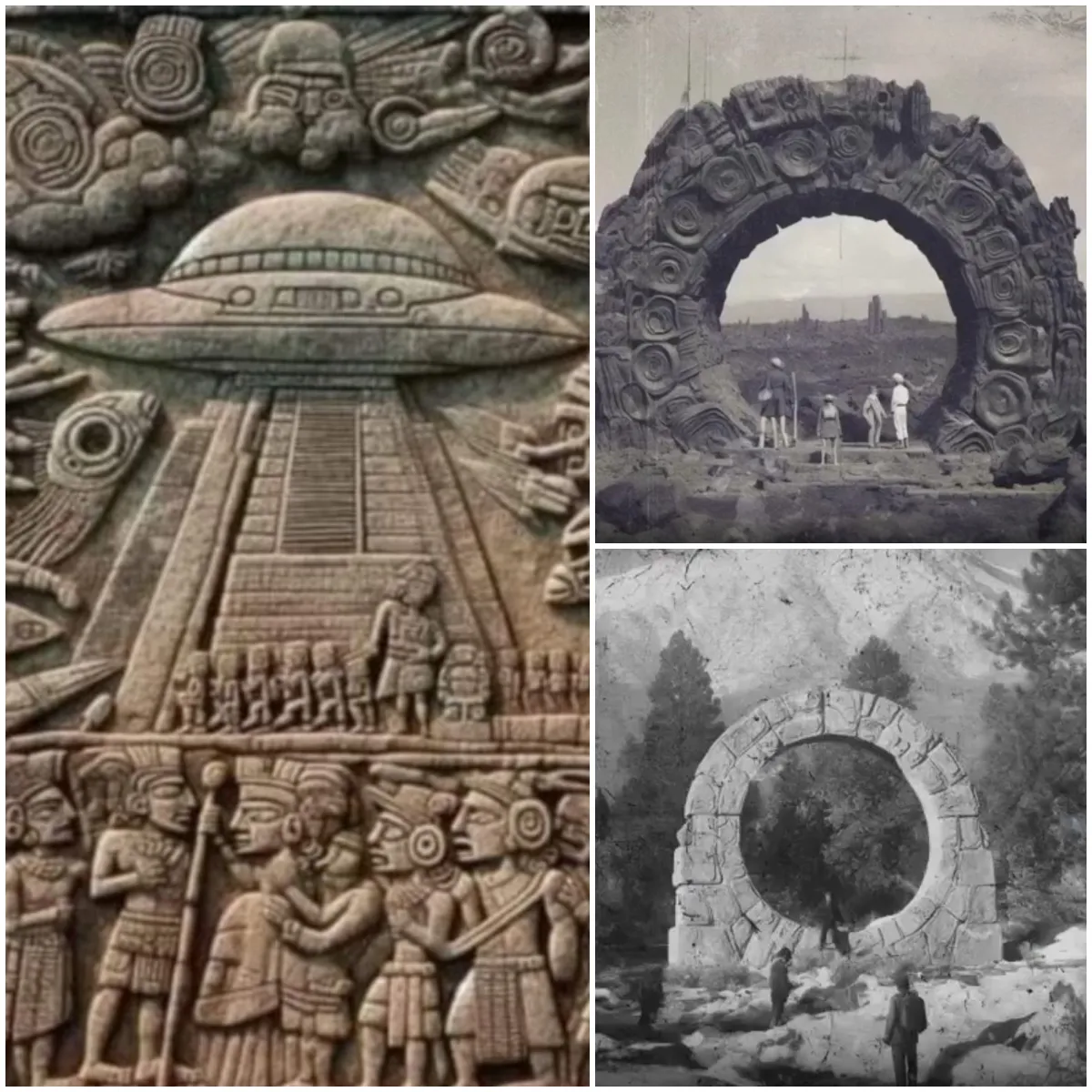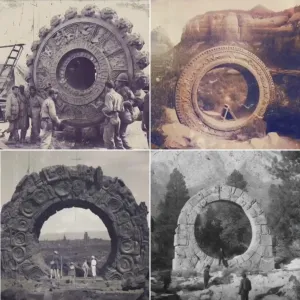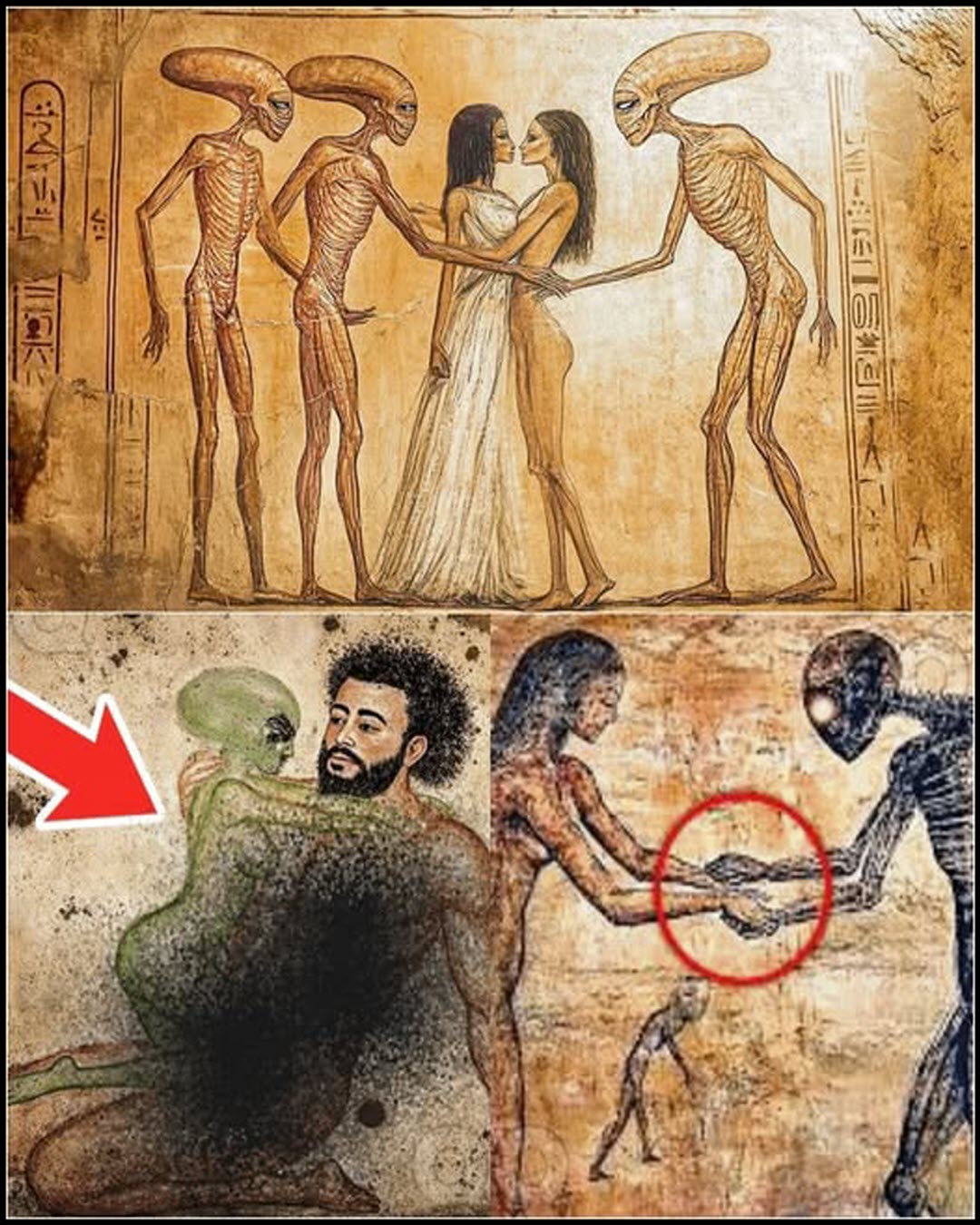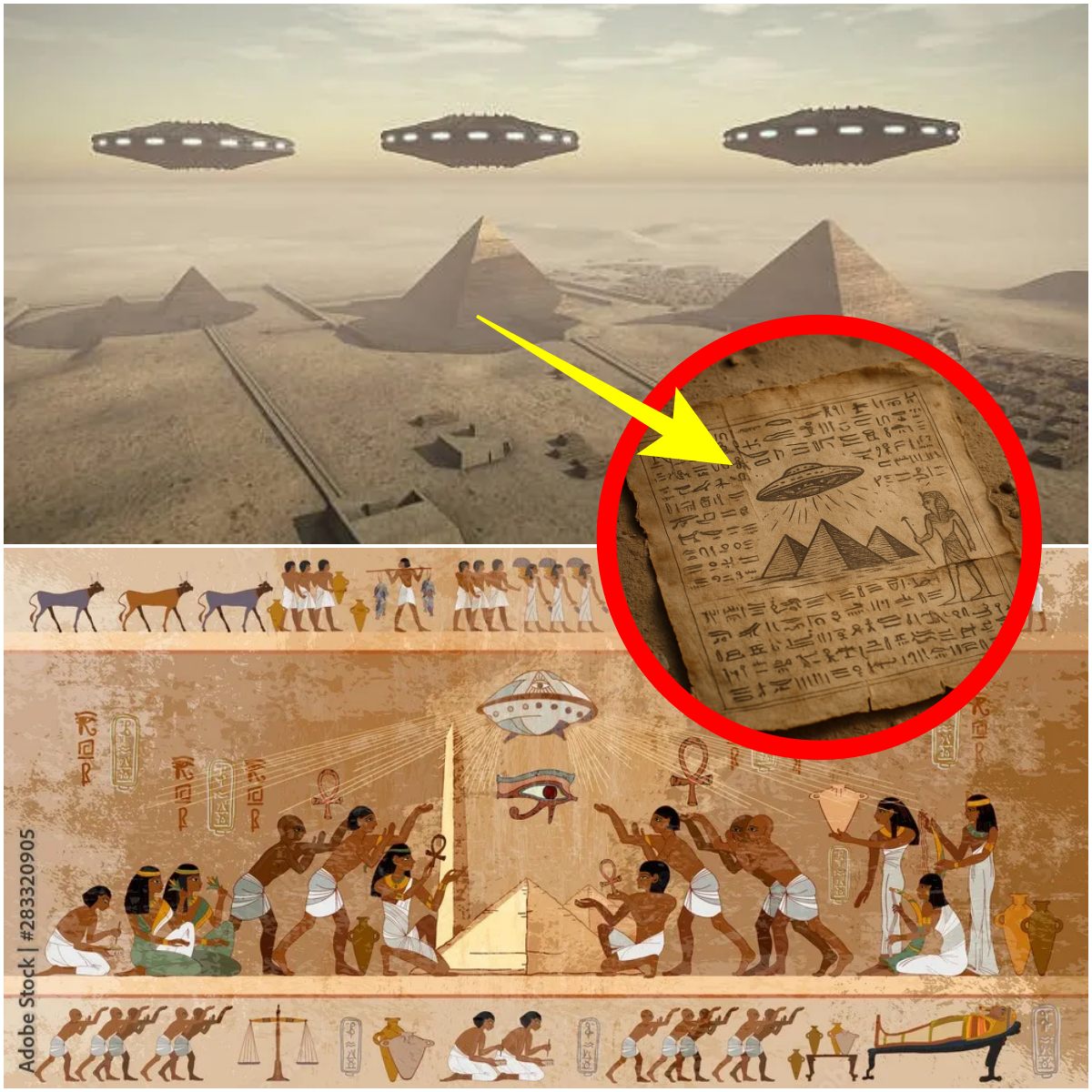Astronauts as Time Travelers: A New Scientific Horizon?

The notion that astronauts are time travelers is a fascinating concept that captures the imagination and sparks speculation about the nature of space exploration and the passage of time. While astronauts do not possess the ability to travel through time in the conventional sense, their journeys beyond Earth’s atmosphere offer intriguing parallels to the concept of time displacement.

One way astronauts could be thought of as time travelers is through the phenomenon of time dilation, as described by Einstein’s theory of relativity. According to this theory, time passes differently for moving objects relative to one another. As astronauts travel at high speeds through space, particularly during long-duration missions or those close to the speed of light, they experience time dilation, which causes them to age more slowly relative to people on Earth. This effect has been confirmed by experiments with atomic clocks on spacecraft and has practical implications for space travel and exploration.

Furthermore, astronauts’ experiences of time are deeply influenced by the extreme conditions of spaceflight. During missions to the International Space Station (ISS) or beyond, astronauts undergo rigorous training and endure long periods of isolation, confinement, and weightlessness. These unique conditions can alter their perception of time, leading to subjective experiences different from those of Earth-dwellers.
Metaphorically speaking, astronauts can also be considered time travelers in the sense that they are pioneers who explore uncharted realms of the cosmos, pushing the boundaries of human knowledge and understanding. Their journeys into space, whether to orbit Earth or venture to other celestial bodies, represent advancements in our collective exploration of the universe and the unfolding story about humanity’s place within it.
In conclusion, while astronauts may not possess the ability to traverse the fabric of time as depicted in science fiction, their experiences of time dilation, subjective perceptions of time, and pioneering spirit imbue them with a certain affinity with the concept of time travel. As they journey into the depths of space, astronauts serve as ambassadors for humanity’s quest to unlock the mysteries of the cosmos and navigate the limitless expanse of time and space.






